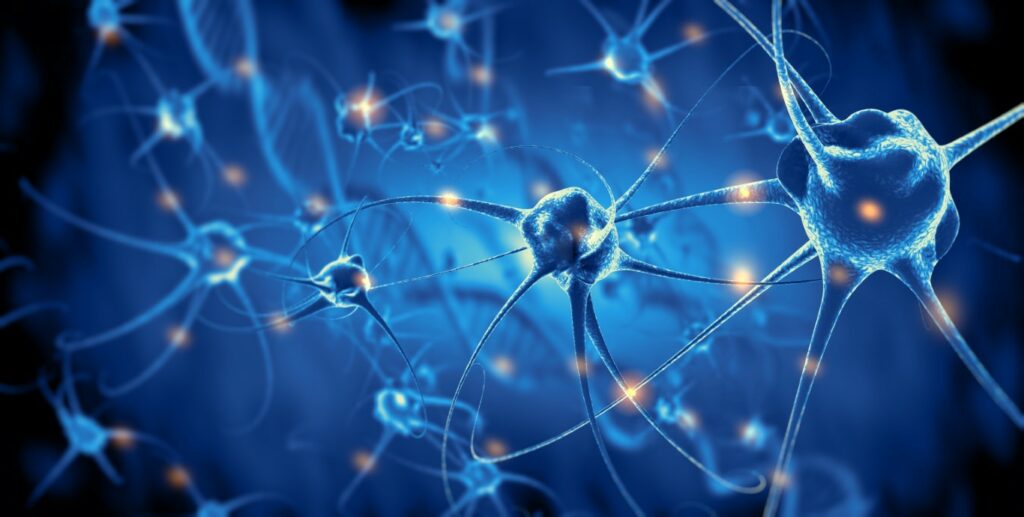Multiple Sclerosis Treatment in Kerala, India

Multiple sclerosis (MS) is a chronic demyelinating disease of the central nervous system that leads to motor and sensory deficits of the corresponding muscles. It is an auto-immune disorder caused by an initiation of inflammatory response leading to demyelination and loss of axons.
Related diseases
Looking for Multiple Sclerosis Treatments?
Our rehabilitation teams
Our doctors work with healthcare professionals to evaluate the impact of injury on your function and develop a recovery plan that is personalised for you. Our rehabilitation teams include physiotherapists, occupational therapists, speech/language therapists, Acupuncturist, Ayurveda & Naturopathy doctors . We offer care for as long as you need it and advise you of techniques to recover faster.
Our hospital brings together specially trained medical staff, advanced monitoring techniques, and specialized Physiotherapy and Ayurvedic treatments focused on improving the outcomes of patients with Multiple Sclerosis.
Ayurvedic Treatment for Multiple Sclerosis
Ayurvedic treatment focuses on reducing both acute and chronic inflammation and decelerating the rate of degeneration. For reducing inflammation, procedures like Kizhi, Dhara etc are devised along with internal medications. For decelerating degeneration and demyelination, Panchakarma procedures like Vasti, Tarpana, Nasya etc are beneficial.
Here at Maurya Ayurveda Hospital, we believe in a holistic approach that provides relief and rehabilitation. So we have integrated sessions of physiotherapy, speech therapy, yoga and meditation along with classical Ayurvedic treatment.
The prime line of management is to eliminate the toxins that trigger inflammation. For this we administer pachana drugs and therapies. After the initial inflammation has subsided, our main focus is to manage demyelination that causes Balakshaya and Ojakshaya ( Loss of vitality). We provide nourishing therapies like Abhyanga, Shasthika Shali Pinda Sweda and Basti to control demyelination. Once the vitality is regained, measures to facilitate rehabilitation will be done. All this will ensure good relief from symptoms and an overall improvement in quality of life.
Physiotherapy Treatment for Multiple Sclerosis
There is no “fixed deficit” in MS, unlike the majority of other neurological disorders, such as spinal cord injury, traumatic brain injury, and stroke; instead, the disease’s course and symptom profile fluctuate.
Physical therapy is essential for maintaining an MS patient active and functional in one‘s community. Physiotherapy targets Re-educating and preserving all voluntary control that is possible, maintaining postural mechanisms, and Integrating treatment methods into daily routines by connecting them to ADLs.
Sensory deficits can be improved by tapping and verbal cues during exercise and resistance training can improve proprioception.
Spasticity leads to a variety of impairments which can present as contracture, postural deformities, and decubitus ulcers, all of these can be treated with cryotherapy, hydrotherapy, therapeutic exercises, stretching, ROM activities, Postural training & Electrical Stimulation, Balance, Coordination, and Postural deficits like ataxia, postural instability, and Generalized muscle weakness. treatment plans change according to patient presentation Postural exercises, Core strengthening, Rhythmic stabilization, Balance training, Proprioceptive loading & Resistance training.
For mobility issues, we focus on increasing thigh & hip strength along with posture and balance training. Functional mobility includes bed mobility training and transfers like the bed to wheelchair/chair vise-versa. It will help the patient to move safely around the home.
Frequently Asked Questions !
In advanced cases there is no cure for Cerebral atrophy, but the associated disabilities can be managed by Ayurveda treatments, occupational therapy and physiotherapy. Our ultimate goal in such cases will be to prevent progress of the condition.
CT and MRI are done mainly to diagnose the condition, but MRI is more precise and sensitive in detecting even the mild focal lesions and the atrophic changes in the nuclei.


